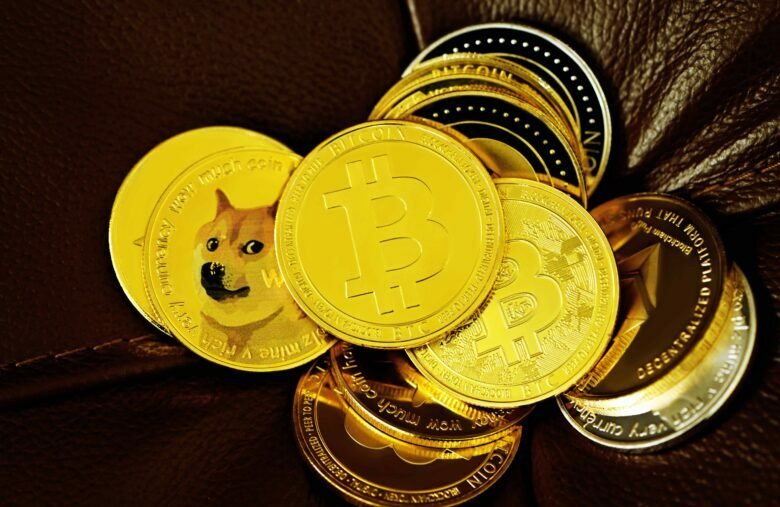El Salvador’s Congress approves a $150 million bitcoin fund ahead of its introduction.

As a result of the approval of President Nayib Bukele’s request to accept Bitcoin as legal money by Congress on Wednesday, El Salvador became the world’s first nation to do so, and El Salvador Congress Backs $150 Million Fund For Bitcoin Ahead Of Adoption that thrilled Bitcoin enthusiasts across the globe.
Despite concerns about the potential effect on El Salvador’s agreement with the International Monetary Fund, legislators voted in favour of establishing legislation to legalise Bitcoin with 62 votes out of 84 available votes (IMF).
Bukele subsequently said that he had ordered the state-owned geothermal electric company LaGeo to create a plan to provide Bitcoin mining facilities powered by renewable energy derived from the country’s volcanoes, an idea that seemed to have sprung to him out of nowhere the night before.
A Bitcoin mining centre will be established around the country’s geothermal potential, according to him. People who can demonstrate that they have invested in at least three Bitcoins will be eligible for citizenship in El Salvador, according to him as well.
Bitcoin must be accepted by businesses when it is offered as payment for products and services, according to the law. Tax donations may also be made using cryptocurrencies, such as bitcoin.
The usage of Bitcoin as a legal currency will begin in 90 days, with the market setting the exchange rate between Bitcoin and the dollar according to the Million fund for bitcoin ahead of adoption news. Bukele said that the government and central bank did not presently have any Bitcoin on their books.
In the capital, San Salvador, responses were varied, with some people enthusiastic about the prospect of increased wealth and financial choices as a result of the new currency. Others, though, were sceptical.
Supporters of cryptocurrency welcomed the decision of Cryptocurrency Adoption in El Salvador as a step toward legitimising the growing commodity, but it is unclear what effect the measure will have on Bitcoin legislation, taxes, or acceptance in other nations.
There were no early indications that other nations might follow El Salvador’s lead in adopting Bitcoin as a payment method.
Analysts have also expressed concern that the decision might hamper negotiations with the International Monetary Fund, where El Salvador is seeking a loan of more than US$1 billion.
Bukele said that he would meet with the International Monetary Fund (IMF) on Thursday to discuss, among other things, the Bitcoin legislation. He said that while he was arranging the meeting, he attempted to convey to the IMF that the move “would not have an impact on our macroeconomics.”
Bitcoin had its greatest day in two weeks, surging as much as 6 percent to US$35,200, its highest level in two weeks.
His collaboration with Jack Mallers, chief executive officer of Strike, a digital wallet that makes use of the Lightning Network to allow tiny Bitcoin transfers, was crucial in developing the concept.
He has also brought attention to a tweet he sent in 2017 before he was running for president, in which he recommended that people use Bitcoin to pay for their groceries.
Bitcoin and other cryptocurrencies have rapidly gained popularity in emerging markets, where bank penetration is considerably lower than in developed nations and dependence on money transfers from outside is much greater than in developed countries.




